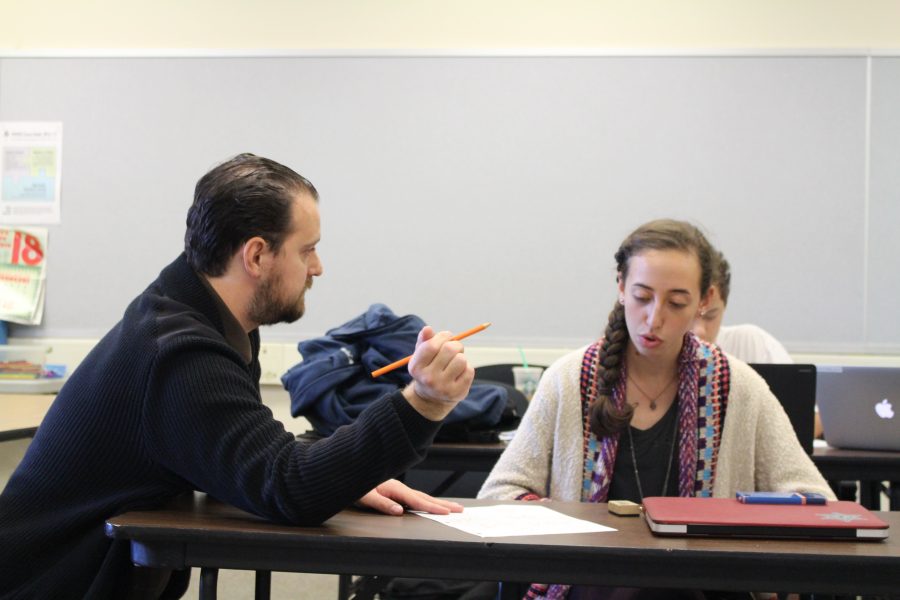There was a time when the term “retarded” was a slang word for idiocy and stupidity. Many would make fun of their friends for making an intellectual mistake or a simple trip over the sidewalk and say, “you’re retarded.” In many places it is still used in such a derogatory way. But as times have changed, society is now coming to recognize what real retardation is, what stunted mental growth means and how learning or social disabilities are handled, and those who spend their whole lives committing to helping such people live their lives.
At the core of Special Education (SPED) departments are the teachers and aides that ensure that disadvantaged students have access to free appropriate public education. Teachers must adapt the curriculum in order to meet the needs of students appropriately. Classes are offered to students who have an Individual Education Program (IEP) in order to offer general education or prepare students for life after high school. The SPED department of students with moderate to severe disabilities.
“School was hard for me and I didn’t know about IEP or what it was, and I probably would have done better in terms of grades and support if I knew about it,” said Rachel Kaci,, SPED teacher and case manager, . “I want to be an advocate for students and provide the support needed for students.
For some SPED teachers that teach students with a severe physical disability, the most challenging part is tailoring the curriculum to meet a child’s needs.
“[How you adapt the curriculum] is depends on each person,” said Chris Geren, Special Education teacher. “If a person can’t see then we make the lessons so you can hear them. It’s no good to show them a video, but if we do show a video then we will make a script and talk with that student through it so they know what’s going on the screen.”
Unlike general students who take tests to evaluate their learning on a certain topic, SPED students are moving at a rate that does not allow them to meet the California standards. Thus, SPED teachers play a critical role in examining the progress of SPED students and assessing if the students understanding a topic.
“It’s sometimes challenging to work with students who don’t understand how much their disability impacts their learning,” Kaci said. “They’ll look around the class and think that learning is easy for everybody, but everybody has challenges in learning. So it’s sometimes really hard to watch kids give up or have a weak self confidence.
There is often the preconceived notions that SPED students are different because they are at a disadvantage for certain activities, and the teachers are just there to help. However, teachers and aides aim to help students understand what they can do.
“I get frustrated when people tell me that some of the students can’t do this or that or because it’s too hard,” Geren said. “Well let’s try is my answer. They might not be able to do it, but let’s try and find out first.”
Though every student faces challenges, whether it is struggling with math or having a learning disability, there is still potential for everyone to reach something higher regardless of one’s learning level. There is no “them” and “us,” because sometimes our biggest enemy is ourselves.
As Einstein once said, “Everybody is a genius. But if you judge a fish by its ability to climb a tree, it will live its whole life believing that it is stupid.”

